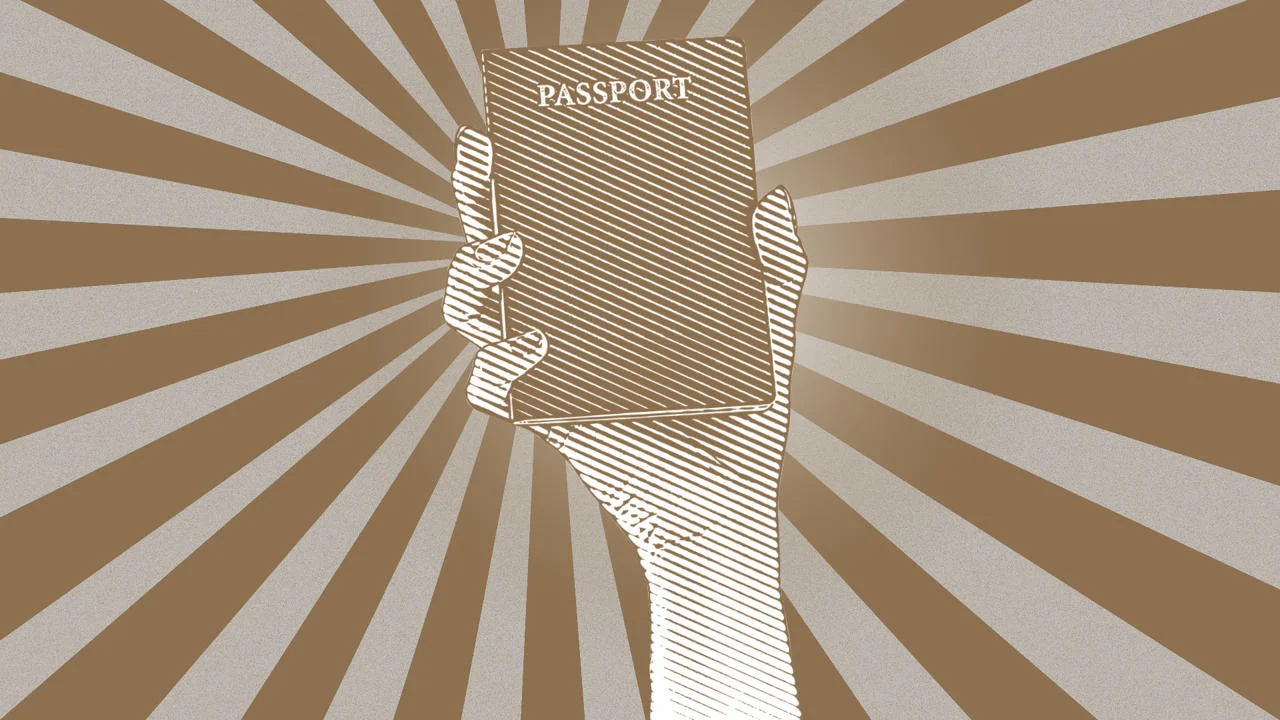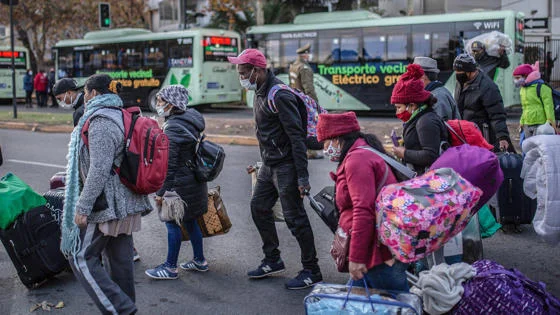Golden passports and visas: the global market in residence and citizenship

Contents
Investor citizenship and residence schemes, more colloquially known as "golden passport" and "golden visa" programmes, allow people to buy citizenship or residence in a host country for a substantial financial contribution. In most cases, this takes the form of investment in real estate projects or a donation to the host country’s government.
But if you think these schemes are just used by shady businessmen trying to dodge tax bills, think again. Research by Dr Kristin Surak has found these schemes are a lot more popular than you might realise.
Globally, more than 60 countries operate golden passport or visa programmes, which see hundreds of thousands of people using their purchasing power to gain a grade of membership in a polity each year. In the European Union alone, more than 130,000 people have gained citizenship or residence in this way, through programmes that are found in half of all EU member states. In total, they have brought in over 21.4 billion Euros to the EU, Dr Surak’s research shows.
Golden passports are more desirable than golden visas as they come with more rights and give their holders citizenship rather than simply residence. However, they are the rarer of the two, with about 12 countries worldwide offering such schemes. The most well-known include Saint Kitts and Nevis in the West Indies, as well as Turkey and Malta.
These schemes are about gaining mobility and options in an uncertain world, where there are huge inequalities between citizenships.
Third state benefits
"We usually think of citizenship as concerning the rights it secures within a state. However, what’s interesting about golden passports, is that the countries offering the programmes are traditionally small islands with populations of less than a million. What people want is not so much the benefits that citizenship gets them in that country, but the rights that citizenship secures in third states, which are usually established through longstanding treaty agreements," explains Dr Surak.
For example, if you buy citizenship in an EU member state such as Malta, you gain citizenship rights not just in Malta but all the other countries in the EU, meaning you gain the ability to work, travel and study in 27 member states.
In an example closer to home, "Before Brexit, it was possible to purchase citizenship in Turkey and then secure a residence visa in the UK with relative ease via the Ankara Agreement. But mostly what they want is easier cross-border mobility, an insurance policy against an uncertain future, and business benefits," she clarifies.
To obtain a golden passport, or the more widely available golden visa, you don’t have to live in the country concerned in many cases. In fact, many people never even visit the country where they have bought citizenship. "These schemes are about gaining mobility and options in an uncertain world, where there are huge inequalities between citizenships," she says.
An insurance option
Those living in the Global North tend to be much less affected by visa restrictions and requirements. Often, they don’t have to apply for visas and, if they do, they often don’t face resistance in getting approval. For people in the Global South, however, having a golden passport or visa can make your life considerably easier.
In some countries, residents think the schemes are corrupt, in some they are baffled as to who would want to buy their citizenship, and in others… it’s just a pragmatic insurance option in a difficult world.
The number one market for those using these schemes has traditionally been China, followed by the Middle East, and Russia. "It’s usually people who are trying to maximise their options in places where there has been great wealth accumulation over the past 30 years combined with authoritarian rule and geopolitical unrest or war," explains Dr Surak.
For the countries selling citizenship and residence, these schemes can make a big difference to their GDP. For Greece and Portugal, for example, they bring in the equivalent of 10 to 15 per cent of foreign direct investment (FDI). For Cyprus, the programme has accounted for nearly 5 per cent of GDP in recent years. "It has been credited with bailing out the real estate sector after 2008 in Cyprus. In Greece, the real estate market was in decline until about 2018 and it wasn’t until a rush of golden visa buyers came in that it began to recover," she says.
A political question
So, what do residents think about their governments selling citizenship and visas? "Local responses are very varied," relates Dr Surak who has travelled to over 16 countries to unpack how the industry works, through interviewing local citizens, government officials and intermediaries who organise and advise on the buying and selling of golden passports and visas.
"In some countries, residents think the schemes are corrupt, in some they are baffled as to who would want to buy their citizenship, and in others like Saint Kitts they can be very defensive about the schemes and recognise their contribution to the economy. Many people I’ve spoken to in the Global South separate citizenship from nationality quite clearly. For them, it’s just a pragmatic insurance option in a difficult world," says Dr Surak.
"What can be challenging," she adds, "is that the issue can be politicised because citizenship can be closely linked to identity. There are also political and ethical questions around possibilities for corruption or buying new identities."
In autumn 2021, Dr Surak prepared a report on the state-of-play of golden visa and golden passport programmes for the European Parliament and met with members to discuss her findings, including a meeting with the Civil Liberties Committee which is exploring options for how these schemes can be regulated.
Dr Surak hopes her work has provided clear information on what’s happening on the ground with citizenship and residency schemes and will allow for well-rounded policymaking in this area.
Dr Kristin Surak was speaking to Charlotte Kelloway, Media Relations Manager at LSE.
Image: iStock
Download a PDF version of this article




